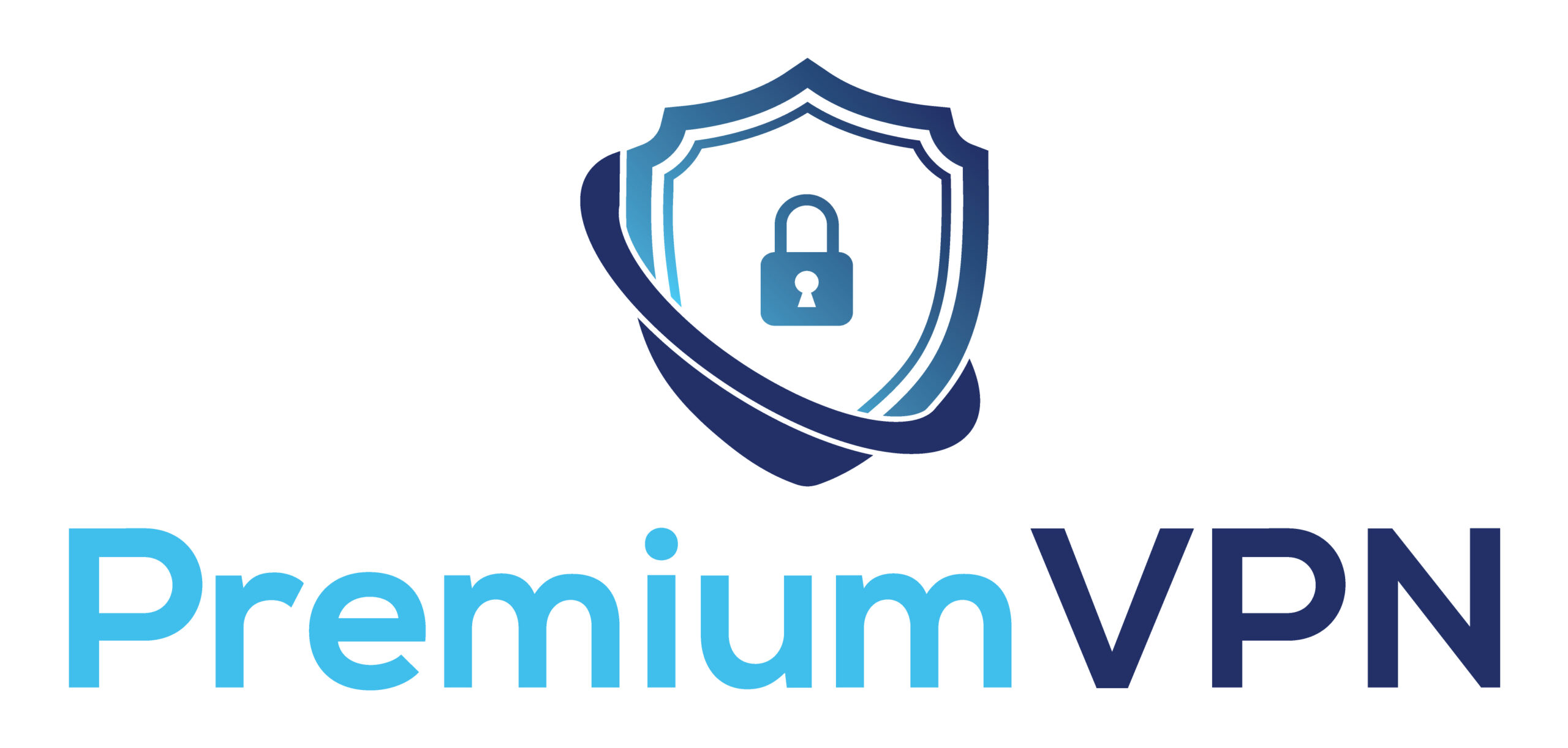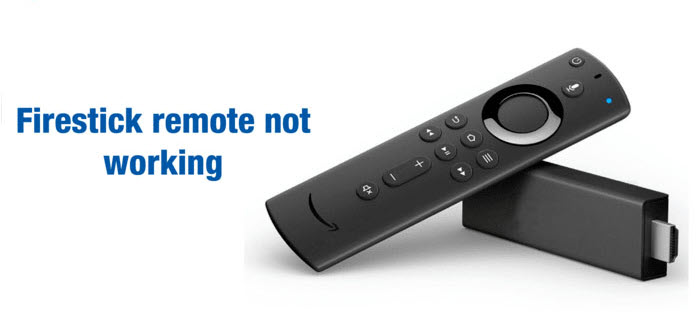Do You Still Need A VPN To Watch IPTV in 2022?
With the Internet Protocol television (IPTV) sector experiencing significant growth in 2020, we’re expecting far greater investment in the technology and a new wave of users, which brings us to the question at hand: is a virtual private network (VPN) required to watch IPTV?
The answer in most cases is yes. Due to legal issues of copyright and the grey market nature of many IPTV subscriptions, a VPN is a must. In a few select cases, a VPN may not be a strict requirement for IPTV, but it’s still highly recommended (we discuss the legal nature of IPTV and VPNs later in this article).
In addition to protecting you, using a VPN will also greatly enhance your IPTV viewing experience for the reasons we lay out below. We also take a brief look at some of the best VPNs available for using IPTV.
What is IPTV?
IPTV is a popular alternative to cable TV and online streaming platforms; it is closer to the latter, as both use your internet service to stream data (in this case, video and audio) from the provider to your computer screen. Like these other two platforms, IPTV can usually be accessed through a subscription. The difference lies in the content itself and how it’s brought to you, the consumer.
Unlike online streaming platforms such as Netflix and cable TV stations that have bought the rights to TV shows and movies, IPTV will often have unlicensed content in the mix as well, which violates copyright law. Let’s take a closer look at what this means for you.
The Legality of IPTV (and the Consequences of Not Using a VPN)
In some cases, IPTV content is fully licensed, which means your IPTV subscription grants you legal access to the content you’re watching. Unfortunately, this isn’t the case for every IPTV service. It’s possible that the IPTV you’re subscribed to hasn’t fully licensed all its content, and thus you’ll be consuming illegal content. But how is it enforced?
The answer is simple: through your internet service provider (ISP).
Your ISP has already identified IPTV streams that may be violating copyright. And because IPTV content is streamed over the internet, your ISP knows when you’re watching IPTV. When this happens, the best-case scenario is that you get a warning letter from your ISP to stop; in the worst-case scenario, you will have to pay a fine.
In some cases, law firms or a studio might come at you directly with a lawsuit. Although this is very rare (and subject to local laws), it has happened. Other common consequences include:
- Your Internet connection to the IPTV is throttled without warning.
- Your Internet connection is terminated after a warning or without notice.
Thankfully, all of this can be avoided using a VPN. It’s not only going to protect you from the legal consequences of accidentally consuming unlicensed content, but a VPN also has numerous other benefits. But what exactly is a VPN and what does it achieve for IPTV users?
What are VPNs?
A VPN is a Software as a Service (SaaS) product that essentially hides your browsing data from your ISP by encrypting it through private networks or servers. Most popular VPNs have servers around the world, which means your internet connection can be rerouted to anywhere on the planet.
In the real world, this encryption means two things. First, you get a new identity for the sites you visit as they can no longer see your real IP address (a unique number used to identify your internet connection). Second, your ISP can no longer see the websites you see because all your search requests are encrypted and sent to the VPN first. That said, your ISP can still see that you’re using a VPN (although it’s 100% legal to use one).
Why use a VPN for IPTV?
Improved Speed
There are VPNs dedicated to the sole purpose of delivering faster internet, but how can they do it? Many ISPs will set a bandwidth limit for every plan/user, which is essentially the upper limit of download/upload speeds. But you’re not always going to be maxing out your connection because of how the internet works.
Sometimes, you can have a direct, low-latency connection to the target website; at other times, you may be rerouted to different servers before finally reaching the target server; this results in lower speeds.
In these cases, VPNs help by routing your connection through a less busy server that is also physically closer to you, delivering faster speeds in the process.
Circumvent Regional Restrictions
Perhaps the biggest benefit of using a VPN is being able to bypass regional restrictions. Due to the way local laws and licensing work, content that may be available in, for instance, Germany may not be available in Canada.
But with a VPN, you can access IPTV content that’s geographically locked (geo-locked) to any country in the world from your home in Canada by connecting to a VPN server in that country.
VPNs are also useful even when you’re not using IPTV. For instance, the same VPN can be used to unblock geo-locked content on other streaming platforms such as Netflix, Hulu, Amazon Prime, and many others. VPNs can also be used to circumvent regional restrictions on pretty much every other digital service.
Protect Your Privacy
We’ve already discussed how VPNs can protect you from potential legal trouble with IPTVs, but VPNs are also extremely effective at protecting your privacy on the internet in general. First, they do not let your ISP track your browsing habits and potentially sell them to third-party advertisers or worse (Canadian ISPs are not legally allowed to do this before removing personally identifiable information). That said, it can still pose a threat as de-identified data can be re-identified.
Circumvent ISP Throttling IPTV Services
Perhaps you remember the term “net neutrality” and the push to remove it in the United States a few years ago. Net neutrality is exactly what it sounds like – a neutral internet where ISPs must serve every application, website, and service in the same manner. However, as you may imagine, most don’t and have been caught doing so
And while the state of net neutrality is a little better here thanks to federal Canadian laws, ISPs have still been caught throttling different websites. ISPs are especially financially motivated to throttle IPTV services and while it’s hard to ascertain the extent to which this is happening in Canada, if your internet slows down while using IPTV services, your connection may be suffering from throttling.
By using a VPN, you can get around this without having to deal with your ISP and enjoy every website (not just IPTV services) at full speed.
Finally, there is one more underrated benefit that we want to talk about: regional pricing. Due to differences in currencies and buying power, many platforms have regional pricing by which the same subscription costs less in some countries. For instance, using a VPN to route your connection to India can save over $12 in subscription fees while still giving you access to all your content by accessing geo-locked content.
And regional pricing isn’t limited to streaming or IPTV services, so you can potentially save a ton of money doing this.
Choosing the Best VPN for IPTV
Get secure and private access to the Internet with PremiumVPN
Why Not Use a Free VPN?
As we wrap it up, there is one final thing you need to be aware of: free VPNs. They exist but have some major issues, which is why we recommend avoiding them. In a nutshell, free VPNs are guilty of:
- Ruining your viewing experience with lots of ads
- Not protecting to the proper standards and even leaking your IP address at times
- Extremely slow speeds
- Recording and selling your browsing data
- The possibility of injecting your device with dangerous malware such as spyware
So why not equip yourself with the tools you need to take advantage of the best the internet has to offer while also mitigating security risks? Many people don’t bother, letting themselves be stopped by geo-blocks and other barriers. But those who want the most value from their digital devices strive for more. It’s through a VPN that you can reap these incredible benefits. It’s through a VPN that you can hurdle geo-blocks so that you can enjoy new and exciting content that is otherwise beyond your reach. If you haven’t yet given VPNs a try, it may be time to take the plunge.
Best VPN

30-day money back guarantee











Thank you